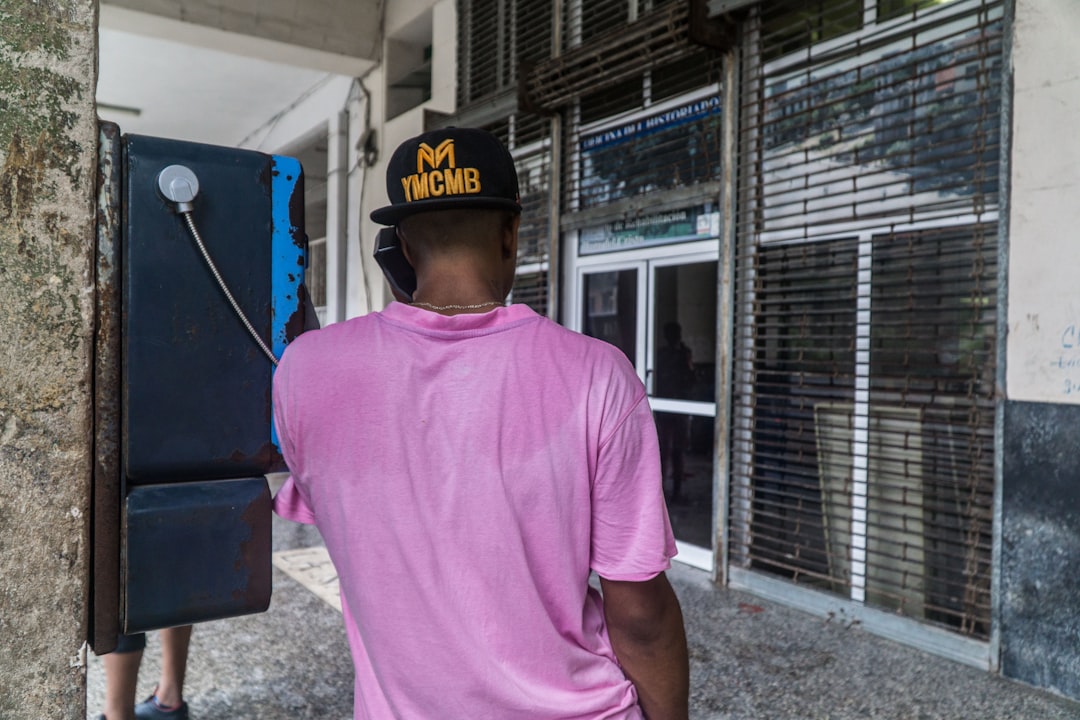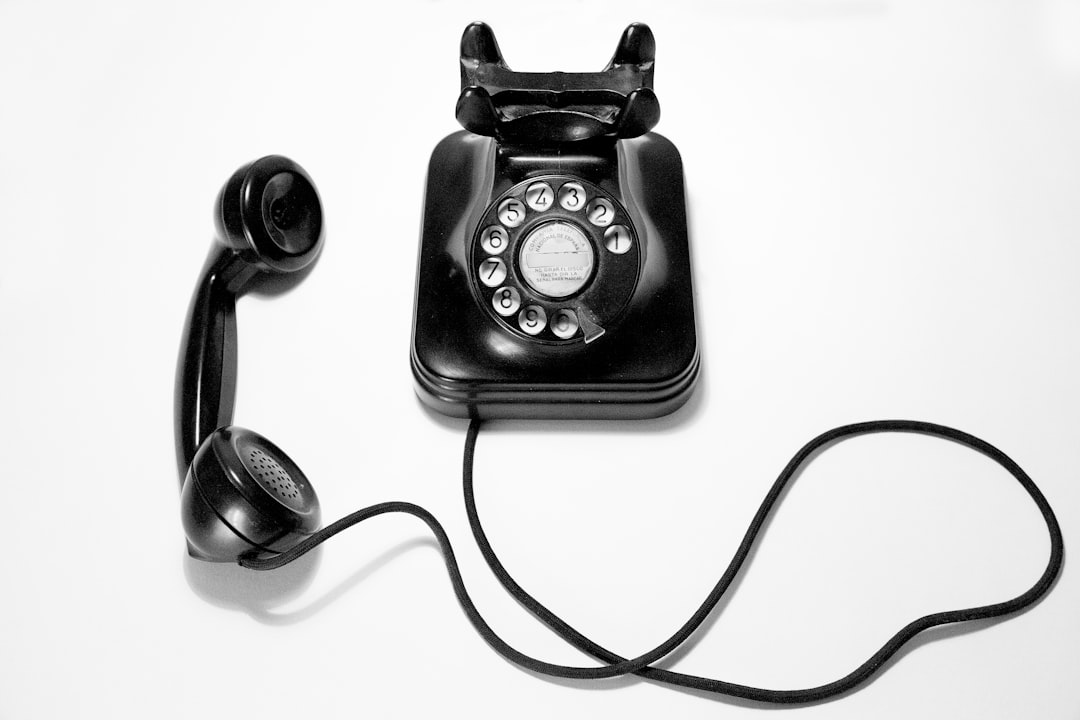Understanding Illinois debt collection laws is crucial for creditors and collectors, ensuring fair and ethical debt recovery while protecting consumers from abuse. The FDCPA and ICAA govern communication, disclosure, and restrict certain practices. Debt collector lawyers in Illinois guide both parties through these regulations, preventing harassment, false claims, and ensuring compliance, maintaining consumer trust.
In the intricate landscape of Illinois debt collection laws, both creditors and collectors must navigate a structured yet complex web. Understanding these regulations is paramount for ensuring fair practices and avoiding legal pitfalls. This comprehensive guide delves into the rights and obligations under Illinois law, specifically addressing the Fair Debt Collection Practices Act (FDCPA) and available enforcement mechanisms. For debt collector lawyers in Illinois, this article serves as a crucial resource to demystify and master the legal framework that governs their profession.
Understanding Illinois Debt Collection Laws

Understanding Illinois Debt Collection Laws plays a crucial role for both creditors and collectors operating within the state. The laws are designed to protect consumers from abusive or unfair practices while ensuring that legitimate debts are collected in a legal and timely manner. In Illinois, debt collectors must adhere to strict regulations outlined by the Fair Debt Collection Practices Act (FDCPA) and the Illinois Collection Agency Act (ICAA). These laws govern various aspects of the collection process, including communication methods, disclosure requirements, and restrictions on certain practices.
For instance, debt collector lawyers in Illinois emphasize that collectors cannot harass or abuse debtors, make false statements about the debt, or use deceptive tactics to obtain payment. Creditors seeking to collect on debts should be aware of their rights and responsibilities under these laws to ensure compliance and maintain a positive relationship with consumers. Engaging a qualified debt collection lawyer in Illinois can help navigate the complex legal framework, ensuring fair and ethical debt collection practices.
Rights of Creditors and Collectors

In Illinois, both creditors and collectors have specific rights and responsibilities governed by state laws aimed at protecting consumers. Creditors, those to whom money is owed, have the legal right to pursue unpaid debts through various means. They can employ debt collection agencies or hire attorneys specializing in debt recovery. These entities must adhere to fair and ethical practices, ensuring transparency throughout the process.
Collectors, on the other hand, are responsible for communicating with debtors fairly and providing them with accurate information about their rights. Illinois debt collector lawyers play a crucial role in ensuring these laws are upheld. They assist creditors in understanding their legal options while guiding debtors through their rights, offering protections against harassment, false claims, or unfair collection tactics.
Fair Debt Collection Practices Act (FDCPA) in Illinois

In Illinois, the Fair Debt Collection Practices Act (FDCPA) is a significant piece of legislation that protects consumers from abusive or unfair practices by debt collectors. This federal law sets standards for how debt collectors can interact with debtors and outlines specific behaviors that are prohibited. For instance, debt collector lawyers in Illinois must refrain from using false, deceptive, or misleading statements when attempting to collect a debt. They cannot threaten or intimidate individuals, use obscene language, or harass debtors repeatedly.
The FDCPA also gives consumers the right to request validation of their debt and to have certain information disclosed by the debt collector. If a creditor or collection agency violates these rules, individuals in Illinois have legal recourse. A debt collector lawyer can help navigate the complexities of this act, ensuring that collectors adhere to its guidelines while providing guidance for debtors on their rights under the law.
Legal Action and Enforcement Procedures

In Illinois, debt collectors and creditors must adhere to strict legal procedures when pursuing outstanding debts. The state’s laws are designed to protect both parties, ensuring fair practices while allowing for effective enforcement. Legal action can be taken through various means, including filing a lawsuit in civil court, where a judge will review the validity of the debt and the methods employed to collect it. This process provides debtors with a chance to dispute the debt or negotiate terms.
Enforcement procedures are governed by the Illinois Collection Agency Act, which outlines the steps collectors must take. These include providing proper notice, maintaining accurate records, and refraining from using harassment or abusive tactics. A debt collector Lawyer in Illinois can guide both creditors and collectors through these legal frameworks, ensuring compliance and minimizing potential disputes.






